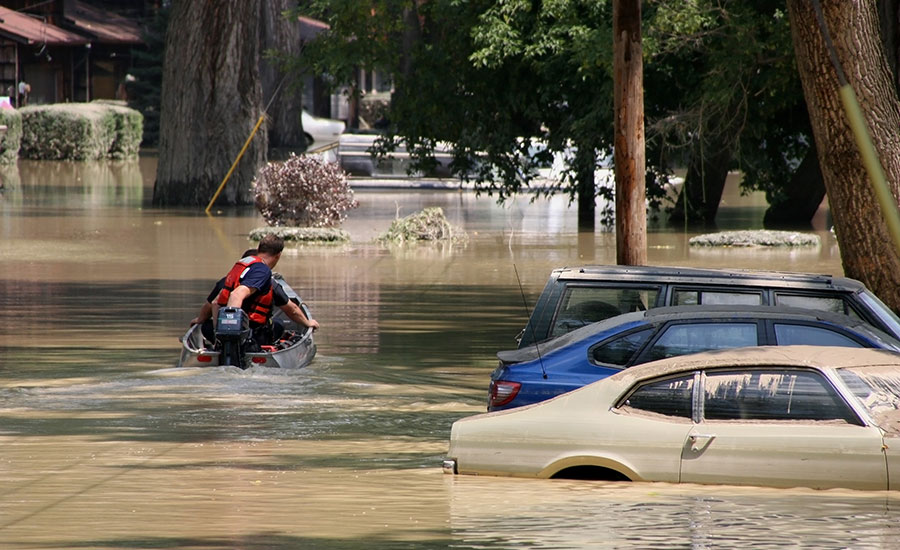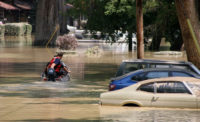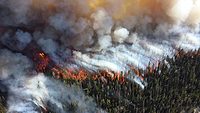Americans Fear Natural Disasters More than Terrorism, Global Pandemic or Cyberattack Combined

A poll by Healthcare Ready showed that Americans fear natural disasters more than terrorism, global pandemic or a cyberattack, combined.
America’s concern about natural disasters (34 percent) continues to exceed worry about terrorist attacks (15 percent), cyber-attacks (six percent), or environmental disasters (six percent). The poll was conducted by international polling firm YouGov for Healthcare Ready, a Washington D.C.-based non-profit that works with the public and private sector to address healthcare resiliency before, during and after disasters.
“The findings from the survey once again highlight the importance of preparedness in the face of an unexpected natural disaster to ensure communities and families are not taken by surprise. Natural disasters do not provide ample lead time, so it is important to take steps to prepare now,” said Nicolette Louissaint, interim executive director of Healthcare Ready. “This annual poll is a terrific way to take the pulse of Americans and uncover the key areas of opportunity and weakness that are needed to help the public and private health sectors be better prepared to respond swiftly and launch an effective recovery effort to a natural disaster, disease outbreak or other emergency situation.”
The survey was conducted at a time (May 5 - 8, 2017), when topics of natural disasters, including tornadoes and flooding had been recently in the news. Among the survey’s findings:
-
Less than two in five Americans (38 percent) could list all of their prescription details including dosage if they had to evacuate their homes without their medications or medical supplies, down from 2016 (43 percent).
-
15 percent of Americans reported they could only be away from their medications or medical equipment for two to three days before they began to experience serious effects, while 22 percent indicated they could go a month or longer.
-
More than half of Americans (53 percent) do not have any emergency preparation plans in place, yet 44 percent are concerned about an emergency happening.
When it comes to deciding who is responsible for preparing their communities for disasters or disease outbreaks, responses resulted in a three-way tie between individuals (22 percent), local entities such as health and fire departments (22 percent) and the federal government including the Federal Emergency Management Agency (FEMA) and the Centers for Disease Control and Prevention (CDC) (21 percent).
“The answers to who holds the most responsibility for disaster management shows people recognize this is a complex issue, and that we all play a part. There is the potential for confusion about who does what before, during and after a disaster. Before a disaster occurs is the time for individuals and families to understand what their local and federal officials can do to help them prepare and recover from a disaster,” said Louissaint.
One of the most striking findings for the question of who holds the most responsibility for preparing a community for natural disasters or disease outbreaks was that only three percent of survey participants identified national and local non-profit relief organizations. While many people may primarily associate these organizations with the recovery and relief efforts, the resources they provide to help communities large and small prepare for a disaster is invaluable and a core part of their work.
Looking for a reprint of this article?
From high-res PDFs to custom plaques, order your copy today!




